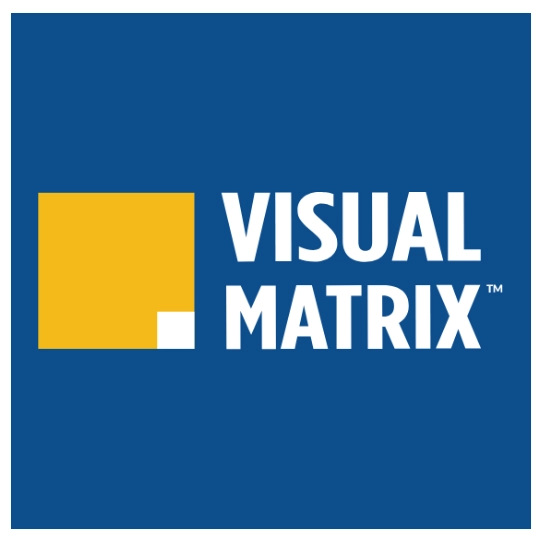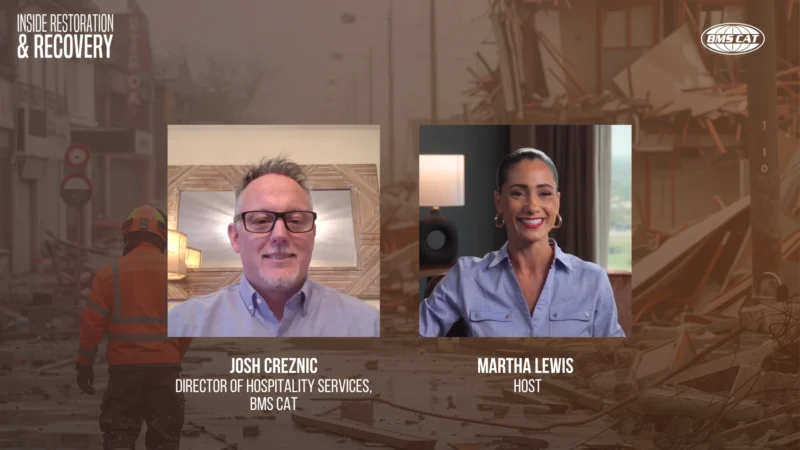From Tech to Hospitality: CEO Leads Visual Matrix with People-First Innovation
Step into the hospitality industry with the CEO of Visual Matrix, who transitioned from 30 years serving the hospitality industry to hotel management. Their hands-on experience at a Texas hotel reveals the industry’s intricacies, enhancing their commitment to a ‘people first’ culture. Visual Matrix’s exceptional customer service stems from a team with significant hotel experience. Embracing industry trends—cloud migration, labor optimization—the company is focused on building streamlined tools for hotel operations to improve customer support. Teaming with noteworthy brands like Best Western and Sonesta, Visual Matrix capitalizes on Agile framework for constant product enhancement. This passion to harness technology to optimize the hospitality industry is what motivates growth. Remember to like, comment, and subscribe for more insights.




